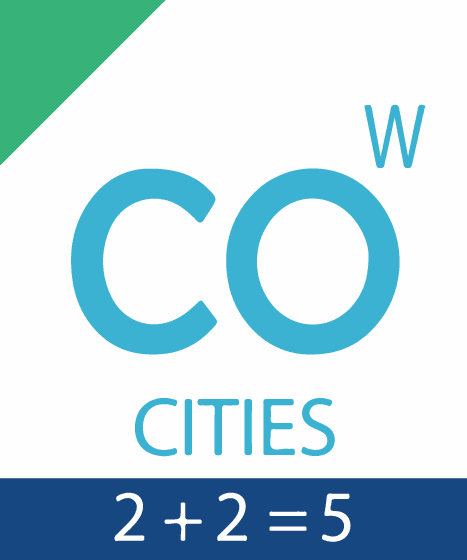
Kigali Masterplan
Contact Name: Gabriela Robba e Enrico Moriello
Project: Kigali Masterplan
Catchment area: Metropolitan Level. Kigali.
INTRODUCTION
Kigali is the capital city of Rwanda a small land-lock country located in East-Central Africa that shares a border with Congo (DRC), Burundi, Tanzania, and Uganda. The Kigali Masterplan is a project that was first approved in 2013 and later renewed in 2015. The updated version of the master plan is structured to accommodate a more participatory process to include all the stakeholders of the city of Kigali.
The master plan is composed of two cardinal focuses which are, to create a vision of the city development and the use of land analysis. The aspirations of the master plan are to be informed about the needs of the inhabitants of Kigali, to have inclusive and participatory decision-making for the city, and to have a socio-economic idea of what the city will be like in the future. Also, the master plan has zoning with a map that consists of the various layers that describe how the land is used and the technical rules of implementing development projects on the land.
Essentially, the goal of the plan is to give a strategic and regulatory plan to the city to make the city a hub for sustainable economic development. Upon approval of the plan, detailed information on the project will be readily available online. Owners and prospective owners of lands within the city will be able to know information about regulations and the rules that govern the development of their land online or via SMS. A detailed discussion of the project aligning with the principles of the quintuple helix model of development is presented below.
Co-Governance
The updated version of the master plan is formulated in such a way that will attract inclusive decision-making by all the stakeholders of the city. Of the new actors that were included in the master plan is the “technical advisory group” which are independent decision makers. The representatives of the group consist of local institutions, private sectors, architects, and international organizations such as the UN-HABITAT, etc.
The “technical advisory group” had the objective of managing the entire planning process, not only to endorse the master plan but to help make strategic decisions. It is a decision-making body that makes decisions in consultation with representatives of the local community, and research centers, the municipality of Kigali, public administrations, districts, other administrative units, and the various ministries. The practice of co-governance in this project is part and parcel at all the stages of the process.
Enabling State
The project is run by the municipality of the city of Kigali which receives funding from the central government. That said, the contractual obligation lies on the municipality which has an overall influence on the performance and the running of the project. There has been a positive economic situation and a great agreement among stakeholders and the government, which is why the municipality has asked for even more innovation. Notwithstanding this, the presence of the central government in enabling local action is always present.
Poolism
The project was grouped into eight themes which are considered the most relevant for the project. Even though this is said to be important for the realization of the goals and objectives of the project, there is a general lack of foreseeability concerning the resource transfer and creation of a pooling economy. Therefore, there is little presence of pools in the project.
Experimentalism
The plan if successfully implemented in 2050 in the city of Kigali, will serve as an example for many cities in Rwanda and Africa in general to replicate it. However, the implementation of it is closely linked to the favorable political-economic situation linked to the co-governmental actors present at the time of its implementation. The experimental nature of the project in other cities is highly likely although subject to the conditions of the city or the country intending to replicate it considering the political and economic situation.
Tech Justice
At the digital level, all the master plans can be viewed and are accessible to the service points throughout the territory. Regarding other residents who might not have smartphones to access the information about the project online, they can also receive information in the form of an SMS. This way, the project is said to take into consideration the city residents who might not have a higher level of computer literacy given that the level of education in Kigali is still considered as low. Therefore, there is a moderate level of tech justice in the project.
By
Ismaila Saidykhan
